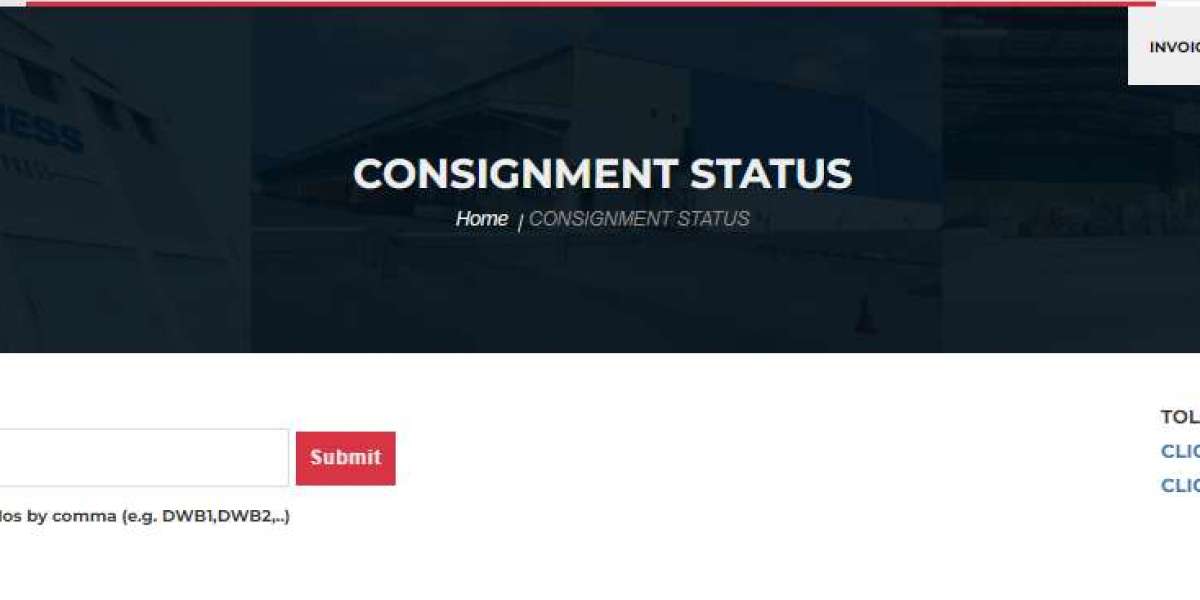Air conditioning (AC) systems are essential in modern living and working environments, providing comfort and maintaining indoor air quality. However, one common issue that can arise with AC units is leakage, which can lead to significant problems if not addressed promptly. This article explores the causes of AC leakage, its potential impacts, and effective solutions to manage and prevent it.
Causes of AC Leakage
Clogged Drain Line: The most common cause of AC leakage is a clogged drain line. Over time, dirt, dust, and other debris can accumulate in the drain line, blocking the flow of condensation water. When the water can't escape, it backs up and leaks from the unit.
Dirty Air Filter: A dirty air filter can restrict airflow over the evaporator coil, causing the coil to freeze. When the ice melts, it can overflow the drain pan and cause leakage.
Low Refrigerant Levels: If the refrigerant level is low, it can cause the evaporator coil to freeze. As the ice melts, it can lead to water leakage.
Damaged or Rusted Drain Pan: The drain pan collects condensation from the evaporator coil. If the pan is damaged or rusted, it can develop cracks or holes, leading to water leakage.
Improper Installation: Incorrect installation of the AC unit can result in various issues, including leaks. For example, if the unit is not level, water might not drain properly, causing it to leak.
Impacts of AC Leakage
AC leakage, if left unaddressed, can have several negative impacts:
Water Damage: Leakage can cause significant water damage to floors, walls, and ceilings, leading to costly repairs and potential mold growth.
Reduced Efficiency: A leaking AC unit often indicates underlying issues that can reduce the system's efficiency, leading to higher energy bills.
Health Risks: Water leakage can promote mold and mildew growth, which can adversely affect indoor air quality and cause health issues, particularly respiratory problems.
System Failure: Continuous leakage can damage the internal components of the AC system, potentially leading to a complete breakdown and the need for expensive replacements.
Solutions to AC Leakage
Addressing AC leakage promptly is crucial to maintaining the efficiency and longevity of your system. Here are some effective solutions:
Regular Maintenance: Routine maintenance is essential to prevent leakage and other issues. This includes checking and cleaning the drain line, replacing air filters, and inspecting the refrigerant levels.
Clean the Drain Line: Use a wet/dry vacuum or a specialized brush to remove debris from the drain line. Regular cleaning can prevent clogs and ensure proper drainage.
Replace or Repair the Drain Pan: Inspect the drain pan for any signs of damage or rust. If the pan is cracked or corroded, replace it to prevent leakage.
Check Refrigerant Levels: Low refrigerant levels can cause the evaporator coil to freeze. Have a professional technician check and refill the refrigerant to the appropriate level.
Ensure Proper Installation: If you suspect improper installation, have a qualified technician inspect and correct the installation. Ensure the unit is level and all components are correctly aligned.
Install a Float Switch: A float switch can be installed in the drain pan to detect high water levels. When the water level rises, the switch will shut off the AC unit to prevent overflow and leakage.
Use a Condensate Pump: In cases where gravity drainage is not possible, a condensate pump can be used to pump the water out of the unit and prevent leaks.
Seal Air Leaks: Inspect and seal any air leaks in the ductwork. Air leaks can cause condensation to form, leading to water damage and leakage.
Preventive Measures
Preventive measures are essential to avoid AC leakage and maintain the system's efficiency:
Scheduled Professional Inspections: Have your AC system inspected by a professional at least once a year. A thorough inspection can identify potential issues before they become significant problems.
Regular Cleaning: Keep the area around the AC unit clean and free from debris. Ensure that the outdoor unit is clear of leaves, dirt, and other obstructions.
Monitor Humidity Levels: High indoor humidity can contribute to condensation and leakage. Use a dehumidifier if necessary to maintain optimal indoor humidity levels.
Educate Occupants: Educate everyone in the household or workplace about the importance of regular AC maintenance. Encourage them to report any unusual signs, such as water stains or damp spots, immediately.
Invest in Quality Equipment: Invest in high-quality AC units from reputable manufacturers. Quality equipment is less likely to develop issues and often comes with better warranties and customer support.
Conclusion
AC leakage is a common issue that can cause significant damage and reduce the efficiency of your cooling system. Understanding the causes and impacts of leakage is the first step in addressing the problem effectively. Regular maintenance, prompt repairs, and preventive measures are crucial to ensuring your AC system operates smoothly and efficiently. By taking proactive steps, you can prevent leakage, extend the lifespan of your AC unit, and maintain a comfortable indoor environment. Hanyman Dubai provide best ac repair in Dubai. For more information dial our toll free number at: +97145864033








